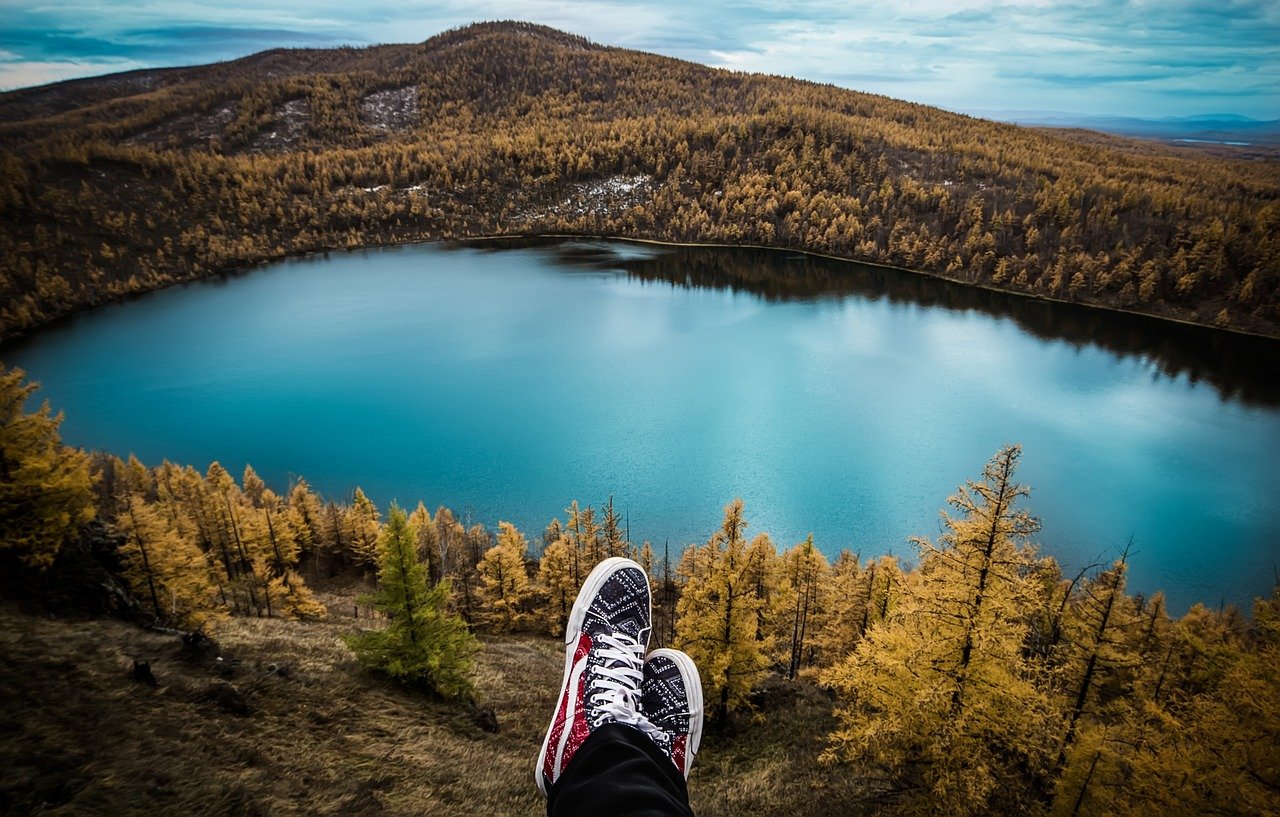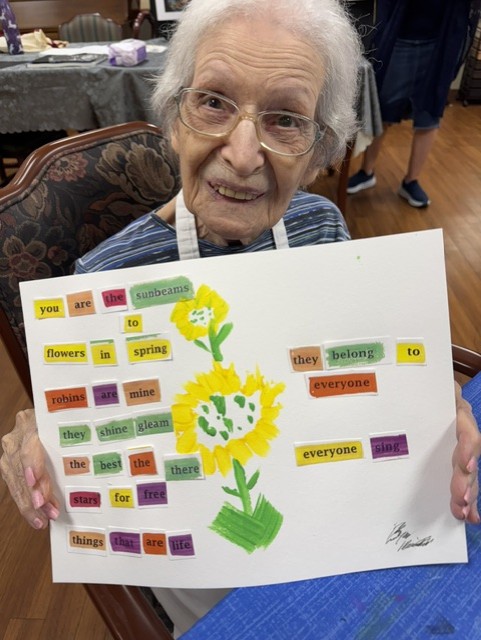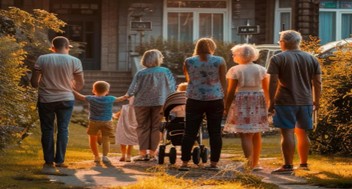In the recent years before the COVID-19 pandemic began, I undertook a series of hiking trips with good friends. There was a good bit of climbing involved on our trips to Banff Provincial Park and along the border between Vermont and Quebec. Dressed for the weather and carrying daypacks containing food, water and other equipment, we set out, achieving elevation gains each day. Sometimes the trail simply undulated as we worked our way through the day. But at different times, we specifically climbed to a summit, hiking with effort and over boulders to an overlook of some height.
The hills we climbed to a summit gave us an unexpected perspective of vision and expanse. The trail behind us was quickly obscured, but the possibilities of adventure on our descent stretched far.
Eyes on the Future
Amanda Gorman’s words pull us into a sense of pressing on to a goal; they urge us to see a yet emerging future; she offers us both a challenge and hope.
In this truth, in this faith, we trust, for a while we have our eyes on the future, history has its eyes on us, this is the era of just redemption we feared in its inception we did not feel prepared to be the heirs of such a terrifying hour, but within it we found the power to author a new chapter, to offer hope and laughter to ourselves. While we asked how we can possibly prevail over the catastrophe, now we assert how could catastrophe possibly prevail over us.
We will not march back to what was but move to what shall be, a country that is bruised but whole, benevolent but bold, fierce and free, we will not be turned around or interrupted by intimidation because we know our inaction and inertia will be the inheritance of the next generation, our blunders become their burden. But one thing is certain: if we merge mercy with might and might with right, then love becomes our legacy and change our children’s birthright.
On January 20, as I listened to Amanda read her poem on the steps of the United States Capitol Building, I was awed by the power and maturity of her young voice. I marveled at the complexity of the rhythm, cadence, and clarity of expression, and the depth of her perception. She is a national treasure.
Reflecting on the Trail Behind Us
Over the past year of “staying safer at home,” I’ve reflected often on my aging. I still think of myself as “young” or at least not “old.” But I’ve come to realize that folks who encounter me in public don’t see the young person I once was; they see a 62-year-old woman with really white hair!
I’ve reflected on the trail that is behind me and the vistas that may lie ahead. Behind me is the family folklore of my grandmother’s survival of the Spanish Flu as a teenager. We knew she’d been sick, but we did not know many details. I know that from this historical perspective, she was one of many flu survivors who developed Parkinson’s disease late in life. From the top of this hill, we can see a glimpse of the long-term effects of that historical illness.
The Steep Ascent Before Us
Diana Butler Bass, contemporary theologian, wrote an article, “Religion After Pandemic.” She writes about the pressing questions that clergy and church members are asking such as, “What will happen to churches after the pandemic?” and “How will Christianity change (or survive)?”
We are climbing up a steep hill and placing our feet, one at a time, seeking sturdy ground, looking ahead—just barely. Butler Bass affirms what we already know—we don’t know what the course of this pandemic will be. We don’t know what our churches will experience a year from now. We just don’t know.
But we climb. We climb from the place in which we find ourselves. Butler Bass talks of God’s timing and knowing what we’ve been through and focusing on taking the next best step and relocating ourselves to new possibilities of restoring and repairing.
The Links Between History and the Future
For me, this means a glance at the known health concerns my grandmother experienced that were linked to her bout with the flu decades before. I see myself clearly as a link to a history that Amanda Gorman and her generation do not know personally. My age gives me that gift. It means climbing a hill to share in the unknown future we face. And, it is also gaining the apex of a hill of vision to see that the way ahead is well-lit, populated with people I trust, and to some degree, familiar. There will be a trail of restoration—one step at a time.
In Gorman’s words (edited), “we have our eyes on the future…we found the power to author a new chapter…we will not march back to what was but move to what shall be.”
As Christians, we might remember to appropriate this phrase: If we merge mercy with might and might with the right, Then love becomes our legacy. Whatever the view from the top of the hill reveals to us, the path that brought us there carried history and faith, and in faith, we depend on love to pull us onto the future path.
View all articles by:






















